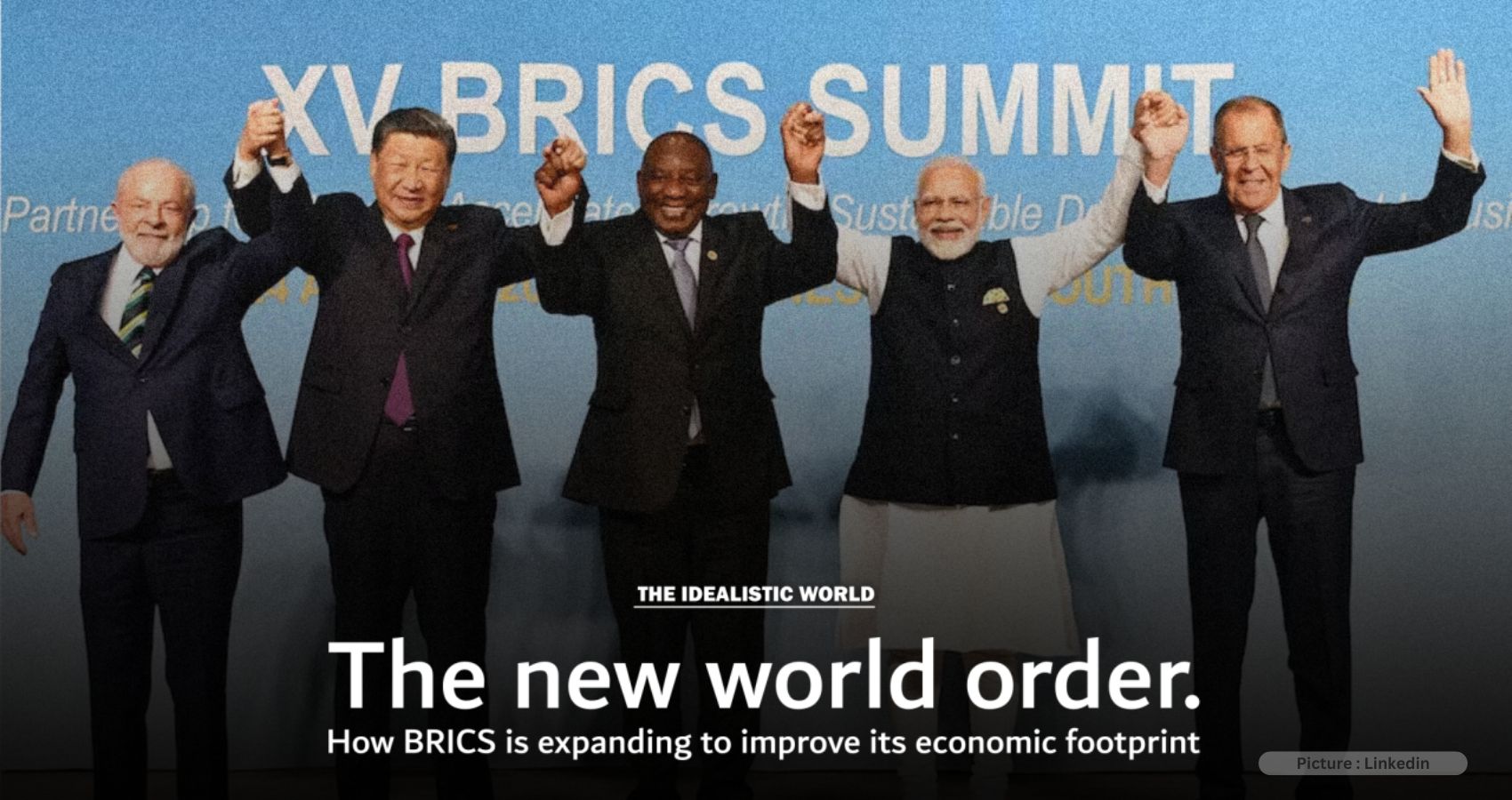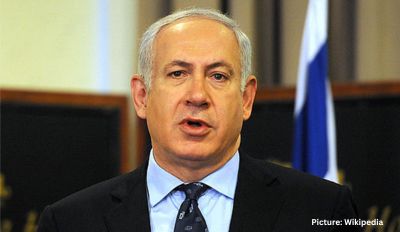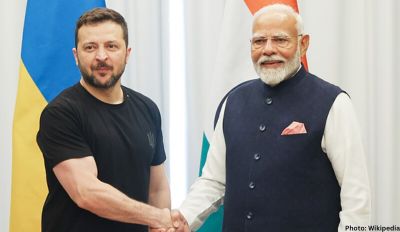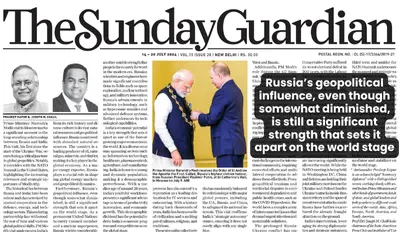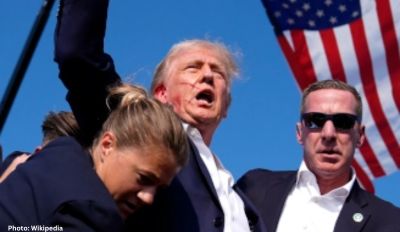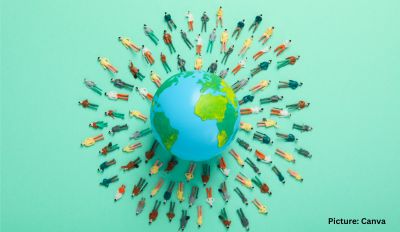If BRICS can truly identify issues of larger common interest and move forward on the basis of consensus, it can become the new leader of the post-Western world order where the NDB will be the primary competitor of the World Bank and IMF.
The collapse of the Soviet Union brought about a dramatic social and economic restructuring that had numerous long-lasting impacts on both the global economy and the population. At that time, the nations that held the titles of “Great Power” and “Super Power” used different tricks to establish their own Shadow Governance over the undeveloped, least-developed, and developing nations. Radical institutionalism supported this neo-colonialism as well. Some international organizations have, by their policies and actions, used developing countries as pawns in imperialist geopolitics, where the sovereignty of weak governments was in jeopardy and their freedom of statehood was constrained.
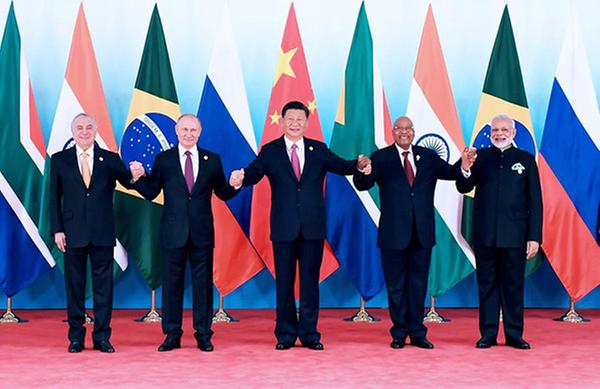
The BRICS ((Brazil, Russia, India, China and South Africa) – which is having its 15th summit August 22-24 in Johannesburg – has emerged in this context with the goal of establishing a new global balance through leadership in a world torn apart by geopolitical conflict, inequality, and insecurity. The grouping’s primary and secondary goals are to create a sustainable and alternative financial lending system, with the potential to coalesce into a platform that echoes the concerns of the Global South. In the distant future, it might take on the role of promoting and regulating a more balanced world order.
Particularly impressive are the bloc’s integrated fiscal policies and strategies in the fields of trade and investment. The New Development Bank (NDB), which was established with an initial capital of $100 billion, heralds the financial potential of the BRICS. In 2021, the group contributed 31.5 per cent of the global GDP, amounting to $26.03 trillion, surpassing that of the G7 (30.7per cent). The bloc is expected to contribute more than 50% of the world’s GDP by 2030, and the bloc’s intended expansion will likely accelerate this trend.
The use of unilateral economic coercive measures like boycotts, embargos, and sanctions as well as the global economic depression brought on by the COVID pandemic and the Russia-Ukraine war have increased the relevance of the BRICS, particularly for emerging economies. It is quite likely that the New Development Bank (NDB) will weaken the monopolistic dominance of the World Bank and the IMF as it finances infrastructure projects, regional connectivity initiatives, and sustainable development programs in member countries.
Economic decentralisation strategy
The bank’s smartest innovation, in my opinion, is the Contingent Reserve Arrangement (CRA), whose main function is to protect member countries from global liquidity stress and to provide liquidity support during challenging economic times.
Apart from the financial safety net, it is important to examine the member nations’ interconnected populations, vast territories, rapidly expanding economies, and capacity for strategic autonomy when evaluating the geopolitical possibilities of the BRICS. Anil Sooklal, South Africa’s top diplomat to the bloc, said more than 40 countries have expressed their interest in joining BRICS, including all the major Global South nations. If the new members are accepted, the total population of the BRICS countries—which currently stands at 3.42 billion, or 42 per cent of the world’s population—will increase to over 3.95 billion, or over 50 per cent of the world’s population.
The economic decentralization strategy to create a multipolar world has given BRICS salience and popularity. The alliance is understood to respect the economic independence of the member countries, as stated in the leaders’ initial statement and action plan. Additionally, the NDB will release at least 30 per cent of loans in the member states’ own currencies as opposed to US dollars, which will play a crucial role in safeguarding the countries’ reserves.
The BRICS members have access to the biggest market thanks to China, a crucial partner of this bloc. For instance, as consumer goods exporting countries, Russia and Brazil would sell their products to China, a consumer goods importing nation. A new BRICS-centered market system will emerge from this commercial interaction, and the adoption of its own currency will lessen the influence of the dollar in the global financial system.
In addition to their economic activity, the BRICS countries are working together on coordinated projects in the areas of climate change, defense, education, energy, and health security. Currently, BRICS countries are emphasizing the clean energy transition. The International Energy Agency reports that China and India are aggressively investing in solar and wind energy. As a result, they are able to simultaneously safeguard their international climate pledges while also reducing their reliance on imports and energy costs.
A new leader of post-Western world?
The collective aim is to create a more just and equitable global order, according to BRICS leaders. It is obvious that if member nations view one another as allies, they have a bright possibility of sharing expertise and mutual assistance in a variety of disciplines, including defense, education, health, and climate.
However, BRICS is facing certain challenges along the way, which could prove to be significant roadblocks to their success. Western scholars believe that the diverse financial and governance systems of the group’s members, historical geopolitical rivalry, and India’s perceived West-centric policies may create an unfavorable atmosphere for the alliance’s future cohesion and growth.
If BRICS can truly identify issues of larger common interest and move forward on the basis of consensus, it can become the new leader of the post-Western world order where the NDB will be the primary competitor of the World Bank and IMF. As a result, a balanced, autonomous, and libertarian global order can truly emerge.
Read more at: https://www.southasiamonitor.org/spotlight/will-brics-create-new-balance-global-order (The author is a strategic affairs analyst in Dhaka, Bangladesh. Views are personal. He can be contacted at [email protected])

